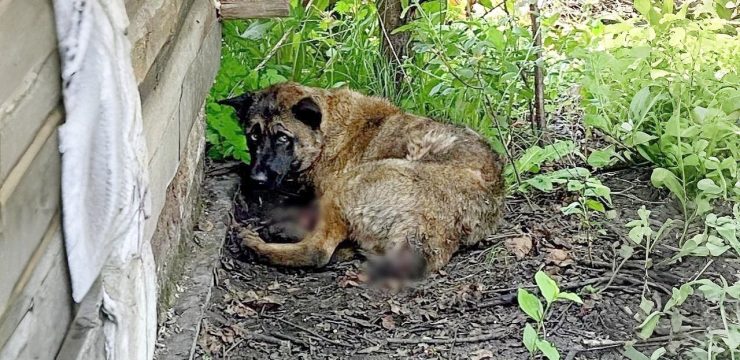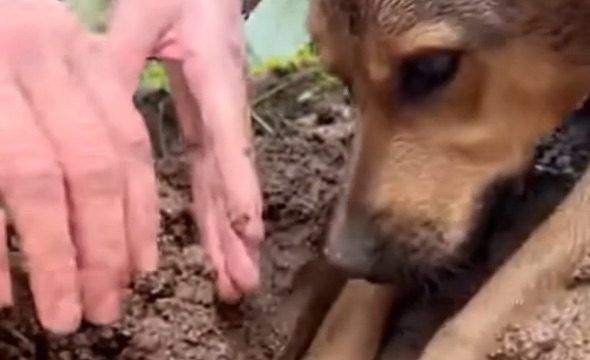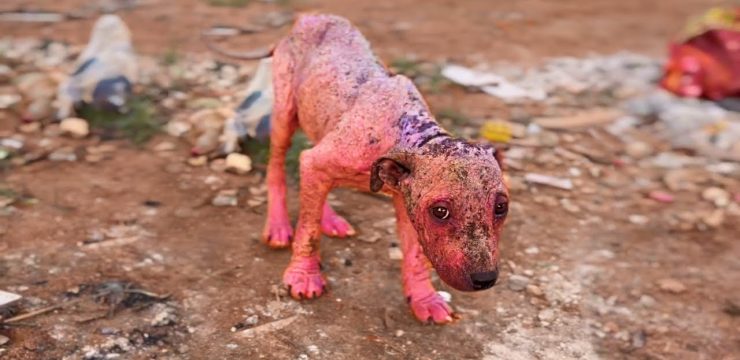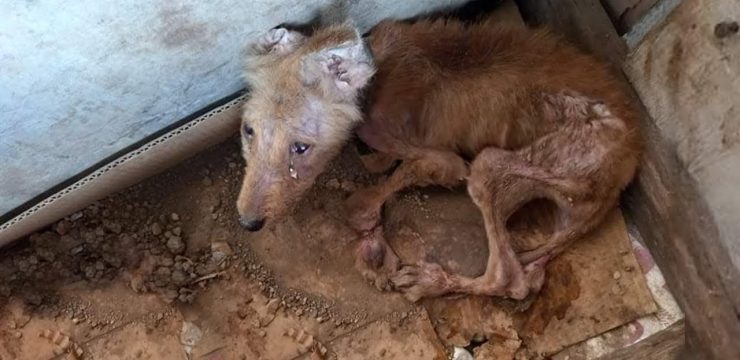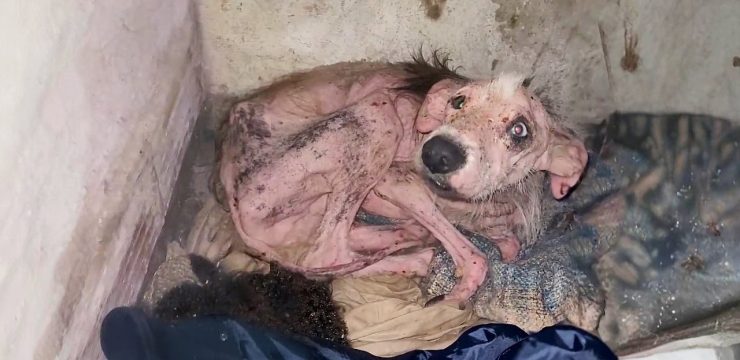Spanish actress Ana Obregón made international headlines in 2023 for making a deeply personal and highly debated decision following the devastating loss of her only child. After her son, Aless Lequio, tragically passed away in 2022 from cancer at the age of 27, Ana chose to honor one of his most heartfelt wishes: to become a father. With his passing, that dream seemed out of reach—until Ana made the controversial choice to use his preserved sperm to have a child via surrogacy in the United States.
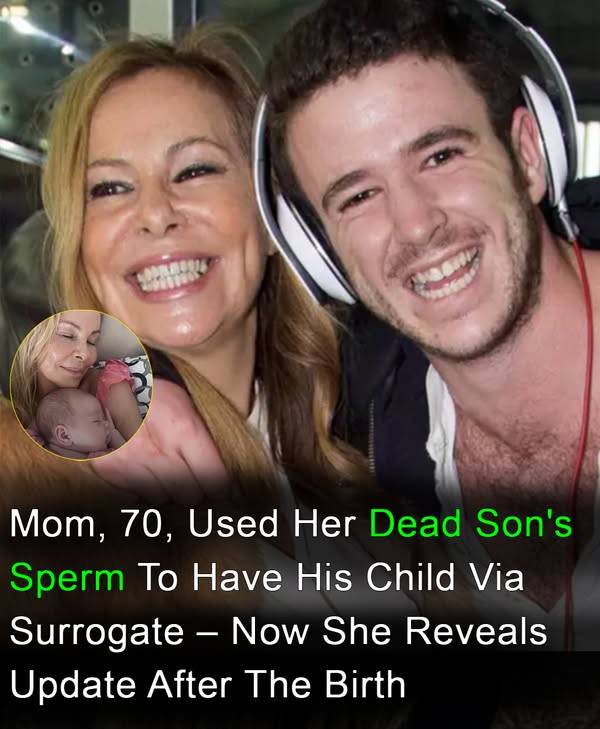
The story captivated audiences not only because of the emotional weight behind it, but also due to the unusual legal and ethical territory it tread. In a society where surrogacy is illegal in Spain, Ana’s decision was met with both admiration and criticism. Yet, Ana stood firm, explaining that this was not merely her choice—it was her son’s dying wish. In March 2023, Ana welcomed a baby girl into the world, born through a surrogate in the U.S. She named the baby Anita, a tribute to both her son’s legacy and the new life that sprang from his final hope.
However, Ana was quick to clarify that Anita was not her daughter, but her granddaughter. “This girl is not my daughter, she is my granddaughter,” Ana explained in an interview with ¡Hola! magazine in April 2023. “She is Aless’ daughter, and when she grows up I will tell her that her dad was a hero, so she knows who he is and how proud she should be of him.” The words captured Ana’s commitment to preserving her son’s memory and ensuring that Anita grows up knowing where she came from—and how deeply she was wanted.
Now at 70 years old, Ana has been open about her new life as Anita’s guardian. She’s shared how raising a toddler in her later years has brought a mix of joy and physical challenges. On Spanish television, she described the joyful chaos her home has become. “My house is full of stuffed animals and toys,” she said with a laugh. “I even have a little ball pool where she makes me dive in.” But she also noted that certain tasks, like picking Anita up, are becoming harder on her back. Even so, the emotional lift she gets from Anita has helped her carry the weight of grief.
Looking back at her son’s diagnosis, Ana spoke with raw honesty about the moment everything changed. “We go through life thinking we’re eternal, that nothing will happen to us. Then one day, at 25 years old, someone tells you that you have an aggressive cancer. That’s not what you expect to hear when you’re young,” she reflected. The memory of Aless’ illness and eventual passing remains a wound that has never fully healed. She openly admitted that the experience has shaped the way she approaches parenting now. Raising Anita, she confessed, comes with a new level of fear—fear born out of the pain of losing her child.
Ana’s actions drew sharp public scrutiny, not just because of the emotional backstory, but also due to legal complications. Since surrogacy is not permitted under Spanish law, Ana had to travel to the U.S. to fulfill her plan. After Anita’s birth, Ana legally adopted her, officially becoming her legal guardian. While many have questioned her choice, Ana has consistently emphasized that it was an act of love—a promise kept to her son, and a way to give new purpose to her own life.
In earlier interviews, Ana described the immense sorrow that consumed her after Aless’ death. She said she felt “dead for three years,” unable to fully engage with life while buried under the weight of loss. But Anita’s arrival brought a shift. Suddenly, there was laughter again. There were bedtime stories, morning giggles, and the joyful messes that come with raising a small child. Through Anita, Ana found a reason to smile once more.
In a recent feature published by ¡Hola! to celebrate Anita’s second birthday, Ana shared her reflections on motherhood, loss, and healing. “I know I’ll never feel the happiness I had when Aless was with me again. That pain will never go away,” she said. “You don’t accept or get over the death of a child. You just learn to live with it.” It’s a truth many grieving parents understand all too well. But even in that never-ending grief, there can still be light. “Fortunately, Anita now fills my days,” Ana added. “I was dead for three years from Aless’ death until Anita was born… Life is a breath of fresh air.”
For Ana, the journey has been one of extremes—devastating sorrow followed by the miracle of new life. Her story has ignited global discussions about ethics, family, and love that transcends generations. But above all, it’s a story about a mother who would go to the ends of the earth to keep her son’s dream alive. And now, as Anita continues to grow under Ana’s loving care, that dream lives on—in tiny footsteps across toy-strewn floors, in bedtime kisses, and in the promise of a future that Aless so dearly wanted, even if he’s not here to see it.
What are your thoughts on Ana’s decision and the journey that followed? Her story challenges conventional definitions of parenthood and raises profound questions about legacy, love, and the ways we honor those we’ve lost. Whether you view it as a bold act of devotion or a controversial leap across ethical lines, there’s no denying the depth of heart that lies at the center of Ana Obregón’s story.
